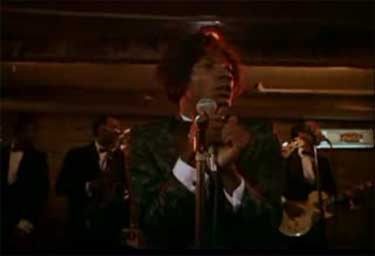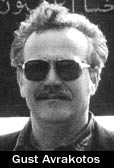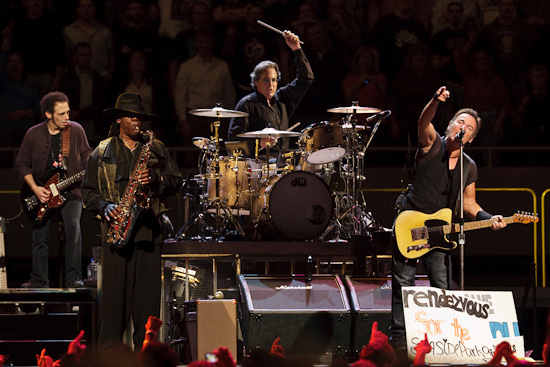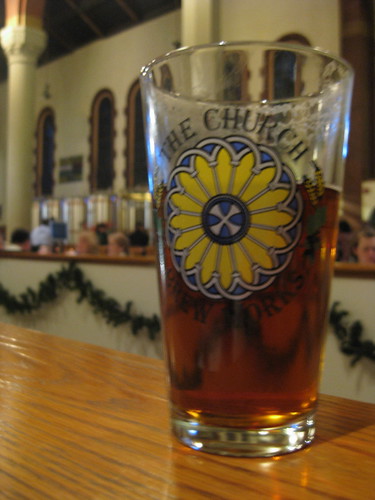Pittsburghers are understandably fond of touting the "small town" nature of their region -- familiarity discourag

es sharp elbows, amenities are accessible rather than overwhelmed, a smaller scale shaves the edges from the opulence-to-degradation continuum in a way a New York or Chicago can not avoid.
The area's residents avoid discussion, however, and perhaps even recognition of the flip side of that point: The region, running on the fumes of its former success for decades, no longer is able to cultivate the breadth or depth of civic leadership and political strength necessary to sustain a community of the stature Greater Pittsburgh once enjoyed and to which it currently aspires.
This "amateur hour" element of small-town life has been especially concentrated, and damaging, in the City of Pittsburgh.
The city has failed and is dying. It has lost half its population, largely by offering substandard and overpriced services and by lacking economic opportunity for the best of its young people, and the departures -- disproportionately involving young people with education, resources, opportunities, motivation -- have diluted the remaining citizenry in ways more important than mere numbers. The city is insolvent and shows no sign of fiscal or operational improvement. The principal reasons its downtown remains -- barely -- the financial, legal and cultural center of the region are not merit or promising prospects but instead history, inertia and subsidies. If the social stigma that currently discourages the large professional firms, banks and corporate headquarters from leaving evaporates --it if becames socially acceptable to move, to choose the suburbs without being accused of "abandoning" Pittsburgh -- downtown Pittsburgh would likely capsize in a few years. (A national example is Detroit; locally, think of Braddock or Monessen.)
If Pittsburgh is to survive, let alone thrive, it requires leadership strong and smart enough to change its current, unsustainable trajectory. A successful mayor of Pittsburgh would need the insight and courage to surround himself with advisors and aides smart, tough and honest enough to rework the city's approach to pension funds, operations, authorities, public safety and several other issues. Not all, or even most, of Pittsburgh's problems are attributable to the current may

or. But Pittsburgh needs better than an accidental, unprepared mayor who is controlled effortlessly by the Ron Burkles, Todd Reidbords, Dan Onoratos and Ed Grattons; who believes that a Yarone Zober is the insight-supplying cure for the holes in an inexperienced mayor's frame of reference; and who can rightly pride himself on recently shaking the habits of shamelessly stalking celebrities (although the spectacle with Ben in the Super Bowl parade was a bit of backsliding) and joyriding on jets and in mobile security command posts.
In a race to identify a person competent to lead the current Pittsburgh, Luke Ravenstahl does not qualify for a spot at the starting line.
Pittsburgh needs better than Patrick Dowd or Carmen Robinson, too. Dr. Dowd is educated, articulate, bright, earnest, accomplished and civic-minded. He has many good idea

s and the intellectual curiousity likely to lead him to other good ideas. He also is unpolished and has been surprisingly ineffective as a member of city council, primarily because of nearly inexplicable personal frictions with natural allies. Ms. Robinson is educated, articulate, bright, earnest, accomplished and civic-minded, but is less prepared for prime time than is Dr. Dowd.
I do not know enough about NASCAR's rules to be sure how a winner would be determined in a race in which no car is able to reach the finish line -- I gather the vehicle that covered the most ground would win -- but the current campaign for mayor of Pittsburgh is such a race. No candidate exhibits all of the qualifications the job demands. But one candidate must win, and the best -- by a substantial margin -- is Dr. Dowd. His sh

ortcomings could -- and probably would -- be overcome to some degree by good advisors, good intentions and good judgment.
I do not expect Dr. Dowd to win. In a polling of the city's remaining voters (just as in an endorsement vote of city Democratic Committee members), Dr. Dowd's education, intelligence, disdain for patronage, rejection of machine politics, and use of standard English are strong disadvantages. But I nonetheless endorse Patrick Dowd for mayor of Pittsburgh, and hope that he and Ms. Robinson continue to push for better government in Pittsburgh, because I share their hope that Pittsburgh can change course before it runs aground. At this point, hope is just about all Pittsburgh has going for it, and the hopeful vote is for Patrick Dowd.





























